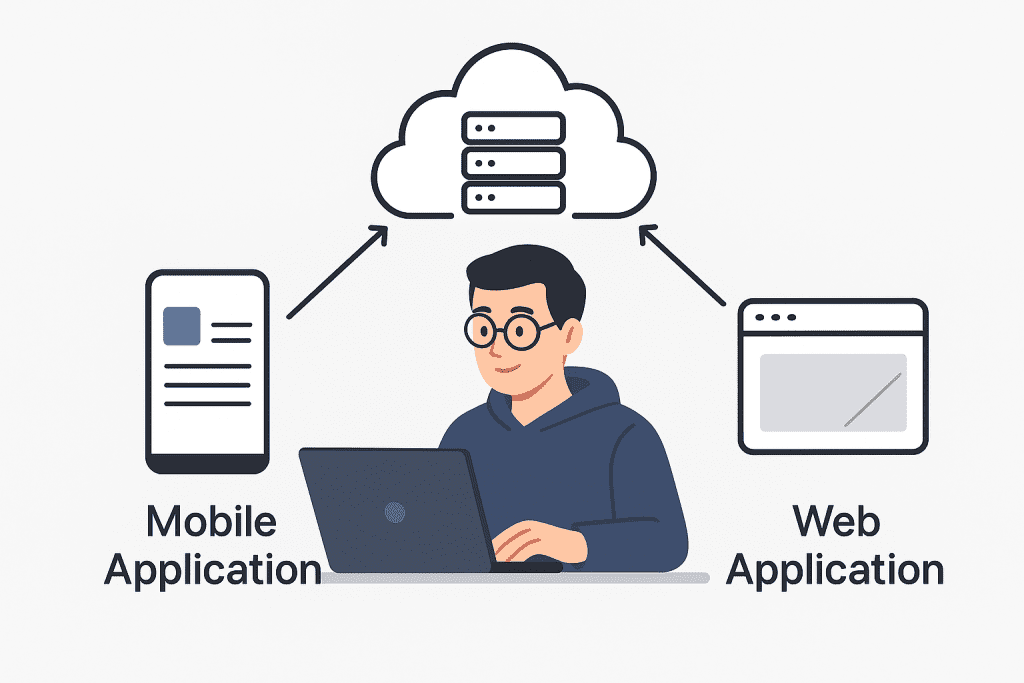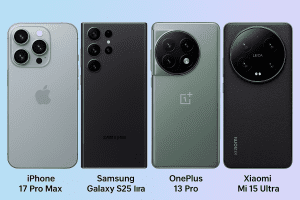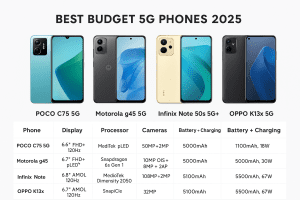
Mobile and Web App Development with MCP Servers: A Complete Guide
📱 Introduction
Mobile and web applications have become the backbone of our digital lifestyle. Whether it’s online shopping, social media, healthcare solutions, or corporate tools, users expect speed, reliability, and security.
Behind the scenes, servers play a huge role in delivering this experience.
One of the emerging solutions is the MCP (Multi-access Control/Cloud Plane) Server, which is designed to optimize both mobile and web app development.

🌐 What is an MCP Server?
An MCP server is a cloud-based control plane that manages multiple application services and data flows in real time. Unlike traditional hosting servers, MCP servers are designed for:
- High Scalability: Seamlessly supports thousands or even millions of active users.
- Low Latency: Essential for real-time apps such as gaming, live streaming, or messaging.
- Cross-Platform Integration: Ensures both mobile applications and web platforms run efficiently on the same backend infrastructure.
⚡ Why MCP Servers Matter in Mobile & Web Development
When developing apps, performance optimization, user engagement, and data security are common challenges. MCP servers solve these problems through:
- Optimized Resource Management: MCP servers automatically allocate CPU, memory, and bandwidth depending on app traffic. This means your app won’t slow down during peak hours.
- Security Enhancements: Advanced features like user authentication, SSL/TLS encryption, and role-based access controls help prevent cyber threats.
- Cloud-Native Scalability: MCP servers scale up or down on-demand, reducing downtime and costs.
👉 Related Resource: Networking Device Configuration Guide
📊 Use Cases of MCP in Real Projects
MCP servers are already driving some of the world’s most successful apps. Here are a few real-world scenarios:
- E-commerce Apps: Faster product search, checkout, and payment processing. MCP ensures that even during festive sales, apps remain stable.
- Social Networking & Messaging: Enables real-time chat, notifications, and live video without delays.
- Enterprise Portals: Provides employees with secure access to apps, data, and communication tools across devices.
- Healthcare Applications: Secure handling of sensitive patient data and real-time telemedicine sessions.
👉 Explore the Latest Mobile Device Specifications that complement MCP-powered apps.

🛠️ MCP and Modern Tech Stacks
MCP servers integrate seamlessly with modern app development technologies. Developers can easily deploy MCP within:
- Frontend Frameworks: React, Angular, Vue.js, Flutter for mobile.
- Backend Frameworks: Node.js, Django, Laravel, Spring Boot.
- Databases: MySQL, PostgreSQL, MongoDB, Redis for caching.
This flexibility makes MCP servers a developer-friendly solution for both small startups and large enterprises.

🔮 Future of MCP in App Development
The future of MCP servers is closely tied with advancements in 5G, AI, and IoT. In the next few years, MCP is expected to:
- Enable Ultra-Low Latency: Especially beneficial for AR/VR apps, cloud gaming, and live collaboration tools.
- Support IoT Networks: Billions of IoT devices will rely on MCP to process and sync data securely.
- Boost AI-Powered Apps: Faster training and inference for ML models deployed on web and mobile platforms.

✅ Conclusion
MCP servers are redefining mobile and web app development by offering speed, scalability, and security. From powering e-commerce and social media apps to supporting enterprise and healthcare solutions, MCP provides a reliable backbone for today’s fast-paced digital ecosystem.
👉 Continue Exploring:


